Colour in Branding: What does it say about the industry?
- Six.studio

- Apr 3, 2022
- 2 min read
Updated: Apr 5, 2022
The most popular brand colours in each industry and their impact on consumers.

Why are brand colors important?
Colour psychology has become an increasingly important part of branding , identity and logo design for businesses as each shade has a specific psychological impact on the consumers they are targeting. Colours elicit emotions and feelings, plus they convey certain information to audience.
What does colour say about the industry?
A research in UK of 520 company logos in a variety of sectors and compiled them into an infographic o determine which industry favours which colour(s). The graphic also shares information on how these colour choices affect consumer psychology and behaviour.


01. Restaurant

Attention
Seen as an energising colour, red is easily attracts the eye and is even thought to simulate hunger.
Well-being
Green is often associated with health and restoration.
Sweetness
Blue, especially when paired with pink, is frequently used to promote sugary products as it is associated with sweetness.
02. Airline

Dependability
Blue is linked to being trustworthy as something required by consumers.
Warmth
Red exudes a sense of caring on in-flight service.
Cheerfulness
Yellow is associated with happiness and optimism.
03. Communications equipment

Communication
Blue is often associated with clear communication and mental clarity.
Confidence
Black is a colour that represents strength and security.
Credibility
Grey is known to represent trustworthiness and dependability.
04. Apparel and Accessories

Sophistication
Black is considered to be the height of elegance in fashion industry.
Passion
Red is often linked to desire with people wearing, rated more attractive by others.
Extroversion
As a vibrant colour, orange is shown confidence and optimism.
05. Auto & Truck Manufacturers

Quality
Silver provides a sense of luxury and high quality workmanship.
Masculinity
Red is used to signify strength and power.
Reliability
Being a calming colour, blue is thought to invoke a sense of consistency.
06. Home Improvement

Relaxation
Blue is thought to promote relaxation, have more of mental than physical effect.
Masculinity
As a youthful colour, orange evokes a sense of fun and excitement.
Motivation
Red is physically invigorated the body by raising the heart rate.
07. Pharmaceuticals

Well-being
Blue is commonly associated with cleanliness and health.
Optimism
Orange evokes feelings of happiness and confidence.
Vitality
Green is thought to promote a sense of health and healing.
08. Specialised Chemicals

Natural
Green is associated with the environment and promoted of natural or dependable products.
Devotion
Red is associated with passion as a colour that provokes a strong physical reaction.
Balance
Blue is promoted mental stability and emotional control.
09. Courier

Trustworthy
Blue promotes feelings of stability and security.
Determination
Red is a colour often associated with dedication and persistence.
Affordability
Brighter orange hues gives the impression of affordability.
Colour psychology is key when it comes to making sure that your brand identity has weight and power. The right color can make a huge difference in the way potential customers perceive your brand, but more importantly, how easily they can remember your brand.
When it comes to the psychology of colour in branding and marketing, research suggests that colours improve brand recognition by up to 80%.
By examining your market, your competitors, your customers, and the purpose behind your brand, you can build a pallet for your company that’s based on a deeper understanding of how different shades can influence the thoughts and behaviours of your customers. That puts you in a perfect position to create loyalty, and affinity.
Source:
digitalsynopsis.com/design/logo-colour-branding-psychology-industry-specific
shutterstock.com/blog/color-psychology-brands
canva.com/learn/choose-right-colors-brand
fabrikbrands.com/the-psychology-of-colour-and-design/

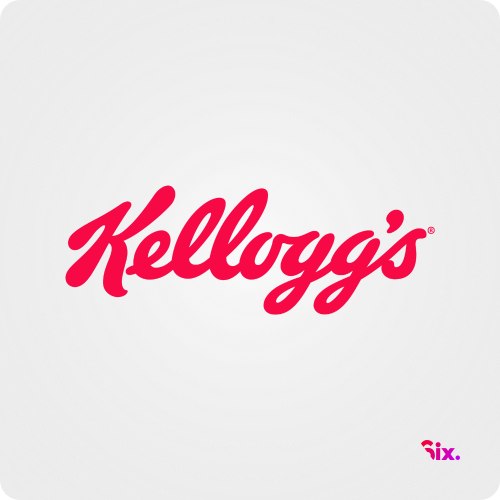

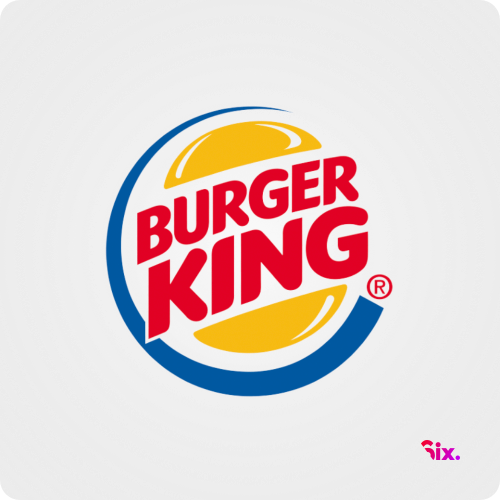

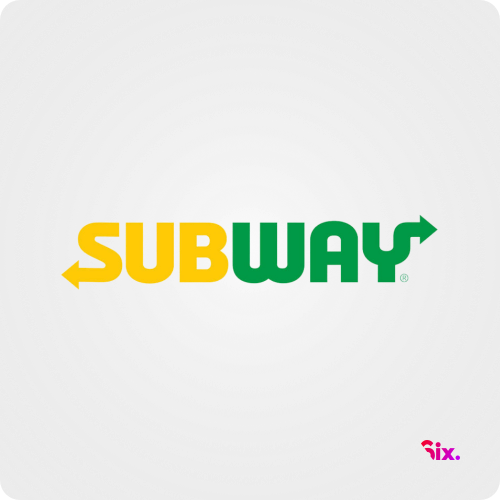

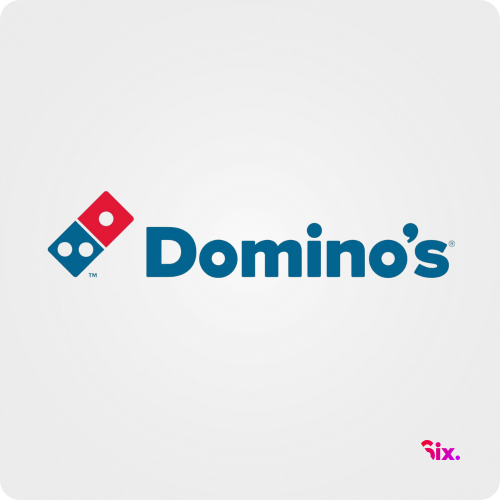



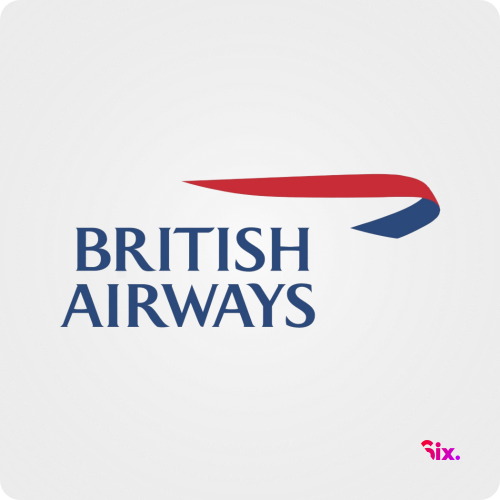

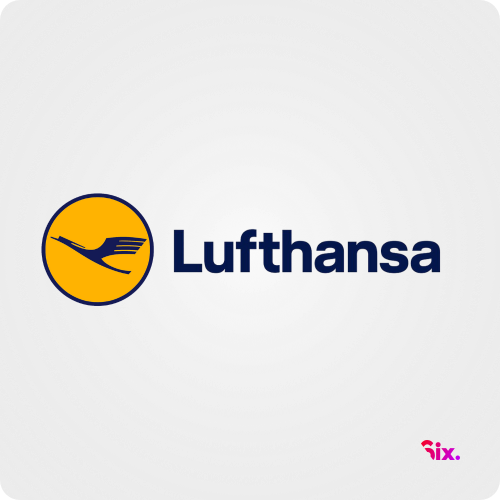

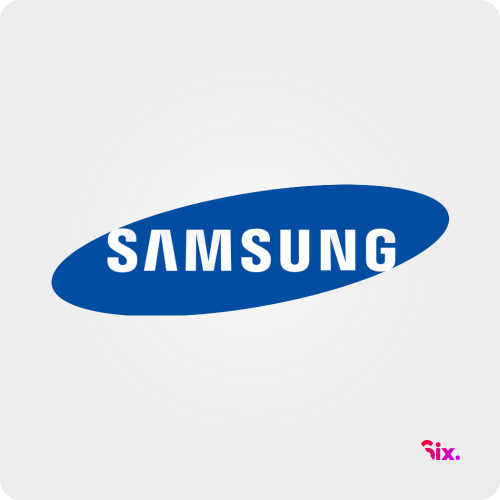

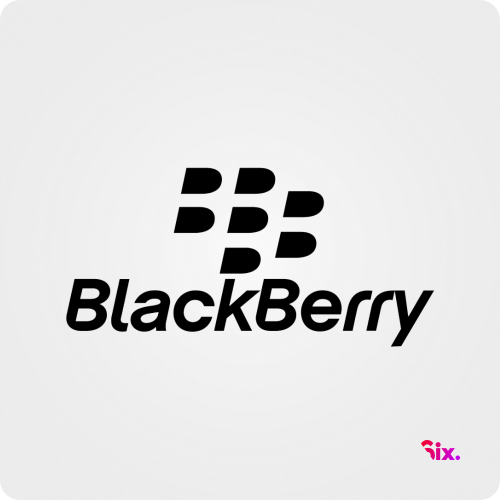

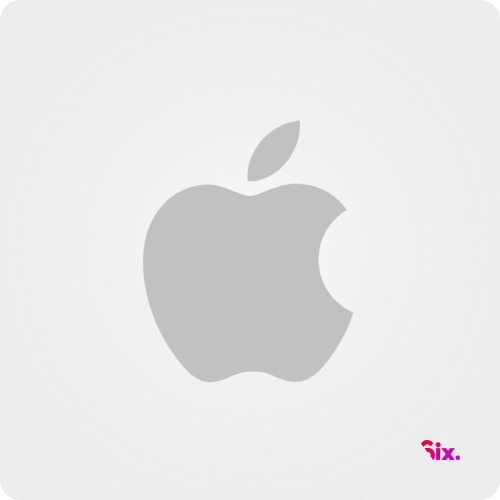



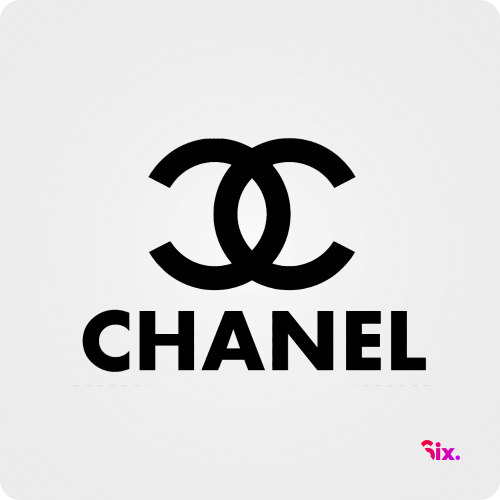

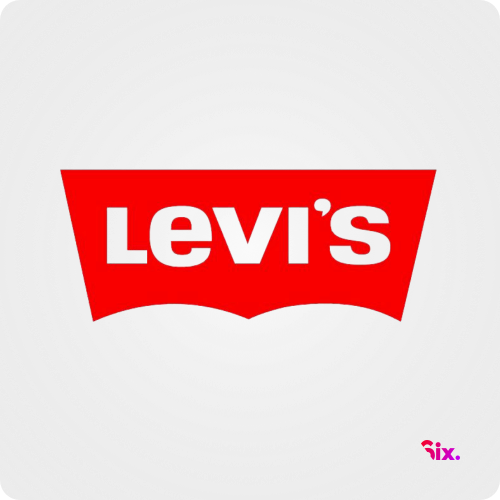



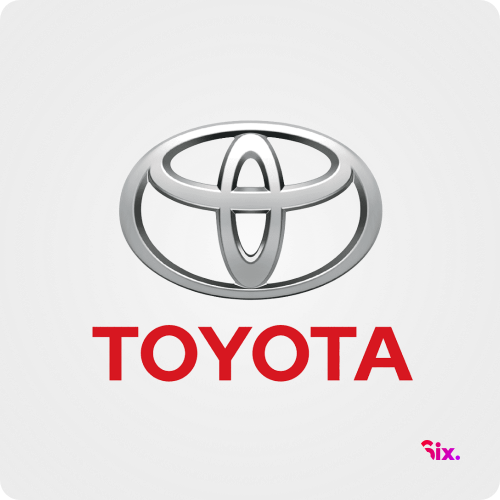

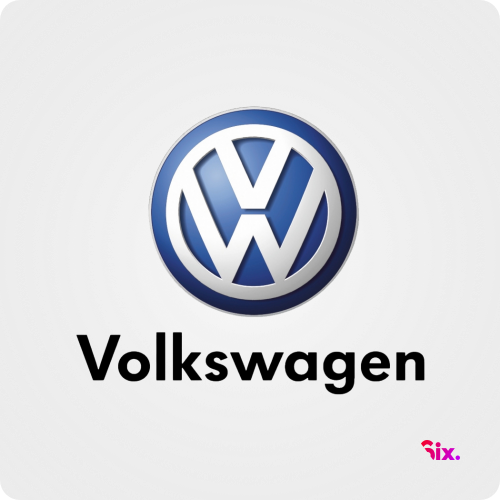

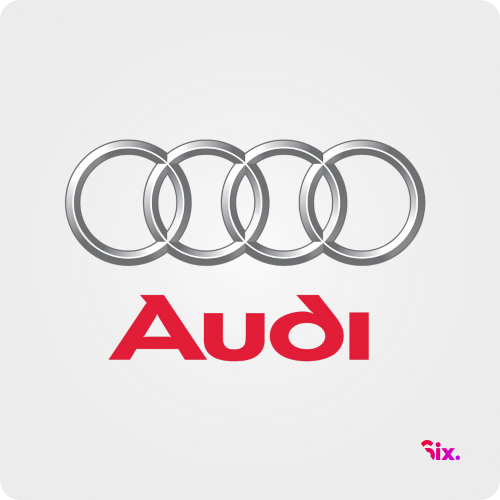

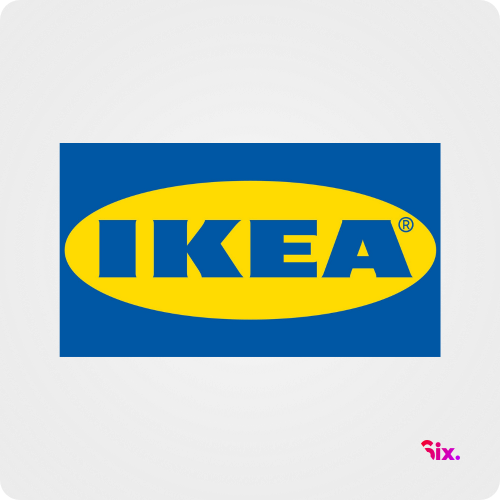

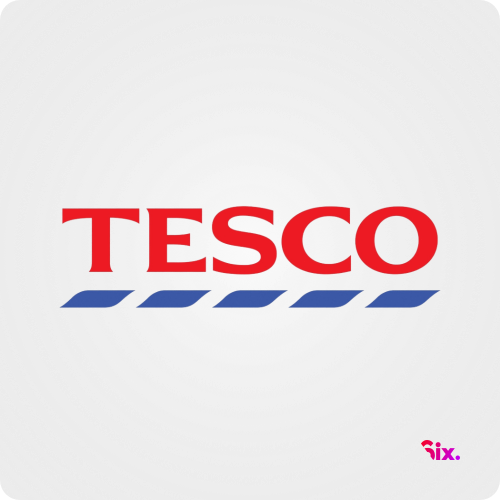

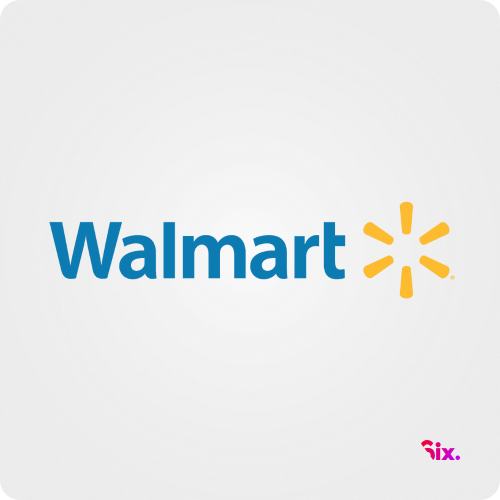

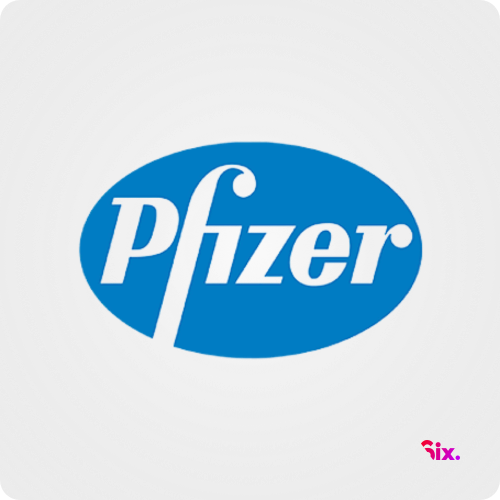

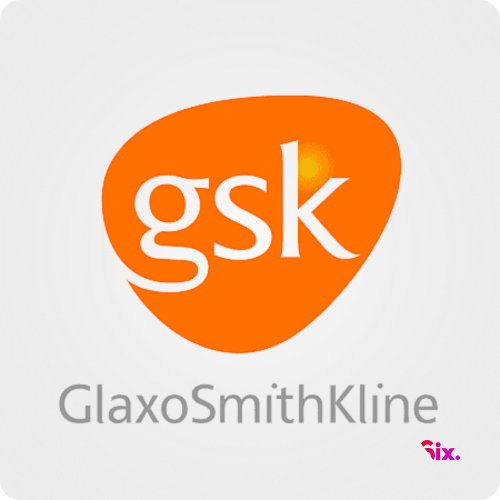

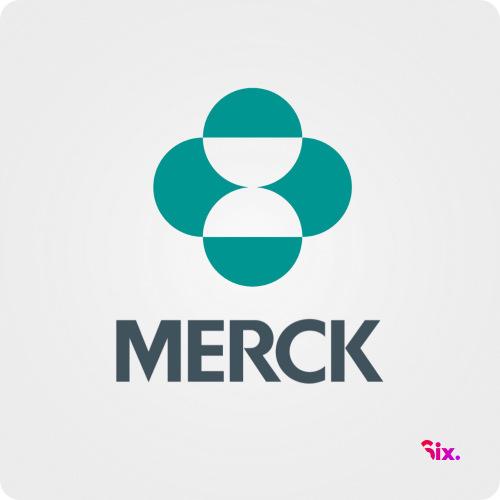

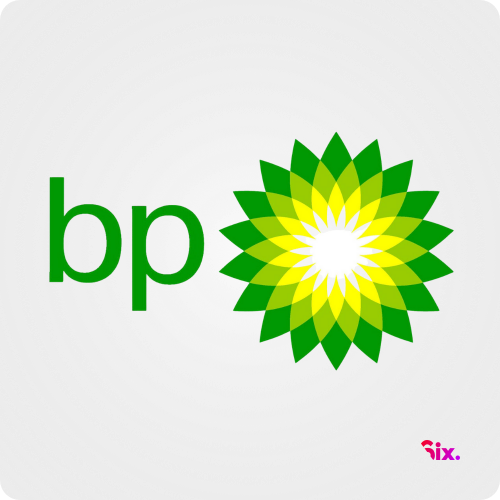

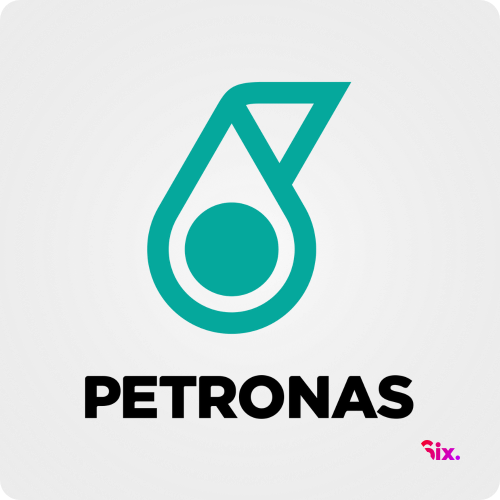

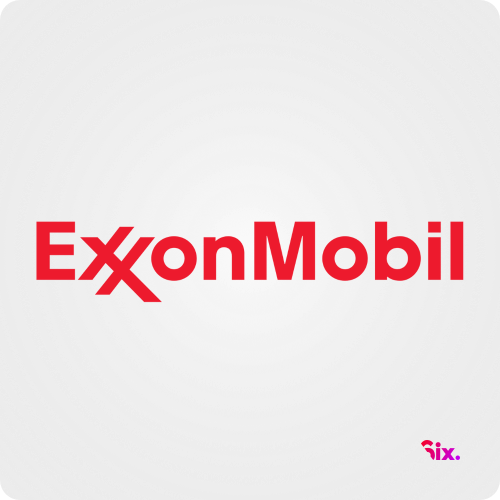

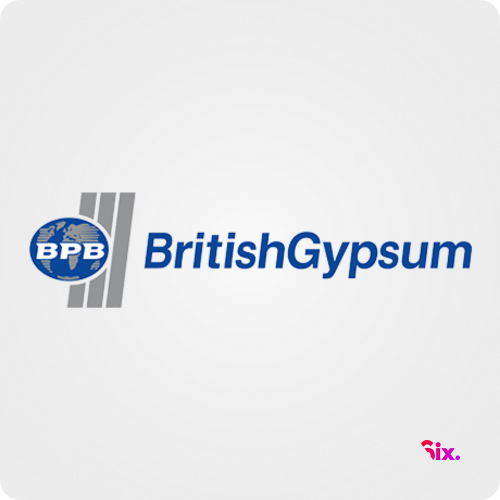

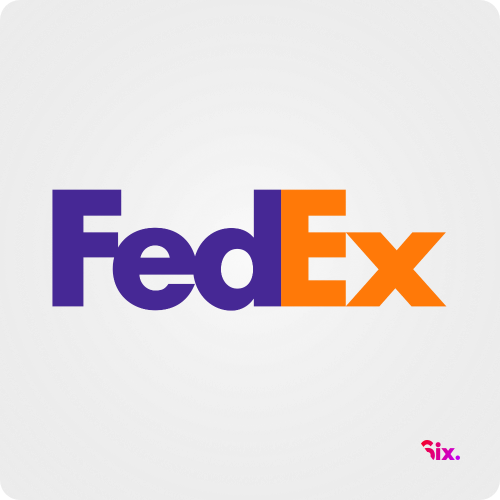








Comments